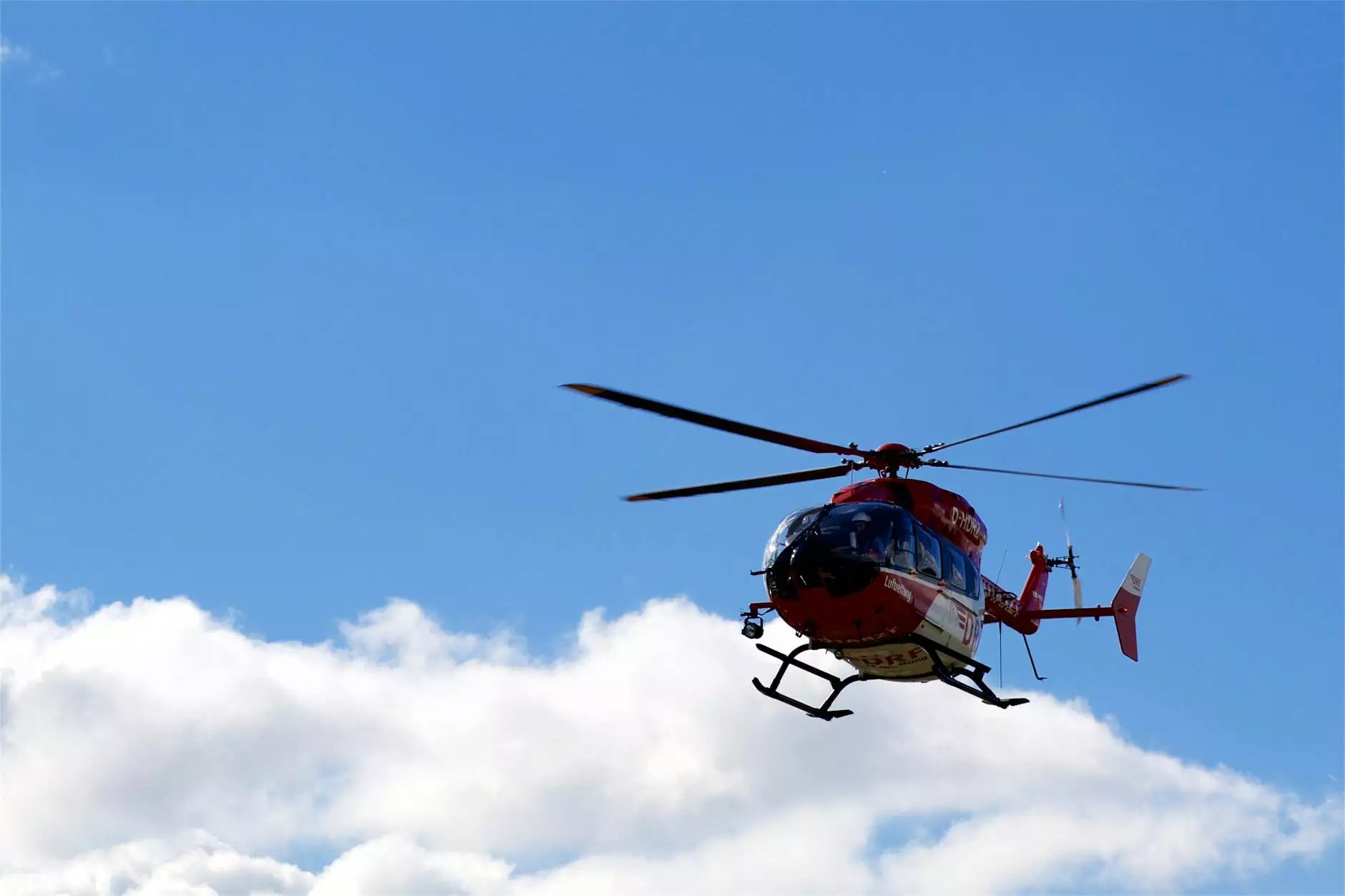Steward École: Elevating Careers in the Aviation Industry

In today's dynamic aviation landscape, the demand for skilled cabin crew is greater than ever. Within this realm, the term steward école emerges, combining the essence of stewarding with the educational aspects of a school—or 'école' in French. This article delves into the significance of steward école in shaping qualified cabin crew, exploring its multifaceted role in the aviation industry and offering insights into the necessary training provided by institutions like Cabin Crew Academy.
The Importance of Cabin Crew Training
Cabin crew training is not just a matter of learning how to serve meals and check tickets. It encompasses a wide array of skills and knowledge that are crucial for ensuring passenger safety and comfort. Given the high-stakes environment of air travel, where customer expectations are paramount, training programs must equip individuals with:
- Safety Procedures and Regulations: Understanding aviation safety measures, emergency protocols, and regulatory compliance.
- Customer Service Excellence: Cultivating interpersonal skills to cater to the diverse needs of passengers.
- Cultural Sensitivity: Navigating the multicultural environment of air travel with appreciation and respect.
What is Steward École?
The phrase steward école reflects the synthesis of stewardship—a role characterized by management and oversight—with the educational components provided by flight training schools. These institutions offer programs designed to inform future flight attendants about every aspect of their role. By fostering essential competencies, such schools prepare candidates for a rewarding career in aviation.
Curriculum Overview
A comprehensive curriculum is pivotal to the success of every steward école program. Below are some core modules typically covered:
- Emergency Training: Flight attendants are trained to handle emergencies, including using oxygen masks, operating flotation devices, and executing evacuation procedures.
- First Aid Certification: Knowledge of basic first aid and CPR is vital, as crew members are often the first responders to medical emergencies at 30,000 feet.
- Service Techniques: Developing the ability to serve customers effectively and efficiently, including conflict resolution strategies.
- Aircraft Familiarization: Gaining insights into different aircraft types, cabin layouts, and onboard safety features is crucial for effective service delivery.
Becoming a Flight Attendant Through Steward École
Enrolling in a steward école program is often the first step for aspiring flight attendants. The experience is transformative, equipping trainees with the necessary tools to excel in their roles. Here’s how the process typically unfolds:
Application Process
The journey begins with a meticulous application process. Prospective students may be required to submit:
- Resume: Highlighting any previous customer service experience or relevant skills.
- Cover Letter: An introduction expressing motivation for pursuing a career in aviation.
- References: Professional references that can vouch for the candidate’s interpersonal skills and reliability.
Training Duration and Structure
Steward école programs can vary in duration, typically ranging from a few weeks to several months. Training might consist of both theoretical classroom instruction and practical hands-on training, ensuring a well-rounded education. Candidates engage in:
- Simulated In-Flight Scenarios: Practical exercises that mimic real-life situations faced during flights.
- Role-Playing: Engaging in role-play to enhance communication and service skills.
- Evaluation and Feedback: Frequent assessments are conducted to ensure students grasp all necessary competencies.
Skills Developed at Steward École
The skills nurtured during training at steward écoles are invaluable. Graduates leave equipped not only with technical skills but also essential soft skills, including:
- Adaptability: The aviation industry is ever-evolving, and crew members must adapt to changing situations swiftly.
- Teamwork: Working cohesively with fellow crew members is essential for maintaining a harmonious and efficient onboard environment.
- Communication: Clear and effective communication is critical for ensuring safety and delivering excellent customer service.
The Role of Steward École in Career Advancement
Completing a steward école program can significantly enhance career opportunities. Graduates from reputable training institutions often have access to better job prospects, promotions, and higher salaries. Here’s how:
- Networking Opportunities: Many steward écoles establish connections within the airline industry, facilitating job placements and internships.
- Certification Recognition: Credentials obtained from esteemed institutions are often recognized by major airlines, making graduates more attractive to employers.
- Continued Learning: Many programs offer ongoing training opportunities to keep alumni updated on industry trends and developments.
Conclusion
In conclusion, a steward école represents a pivotal component of professional development in the aviation sector. As the industry continues to grow, the significance of well-trained cabin crew will only increase. Investing time and resources into training at an esteemed steward école not only enhances the skills of the individual but also elevates the standards of service in the skies.
With a commitment to excellence, institutions like Cabin Crew Academy are poised to shape the future of aviation through meticulous training programs and unparalleled educational experiences. The journey into the skies begins with robust training—embrace the opportunity that a steward école offers, and take flight towards a rewarding career in aviation.
steward ecole








